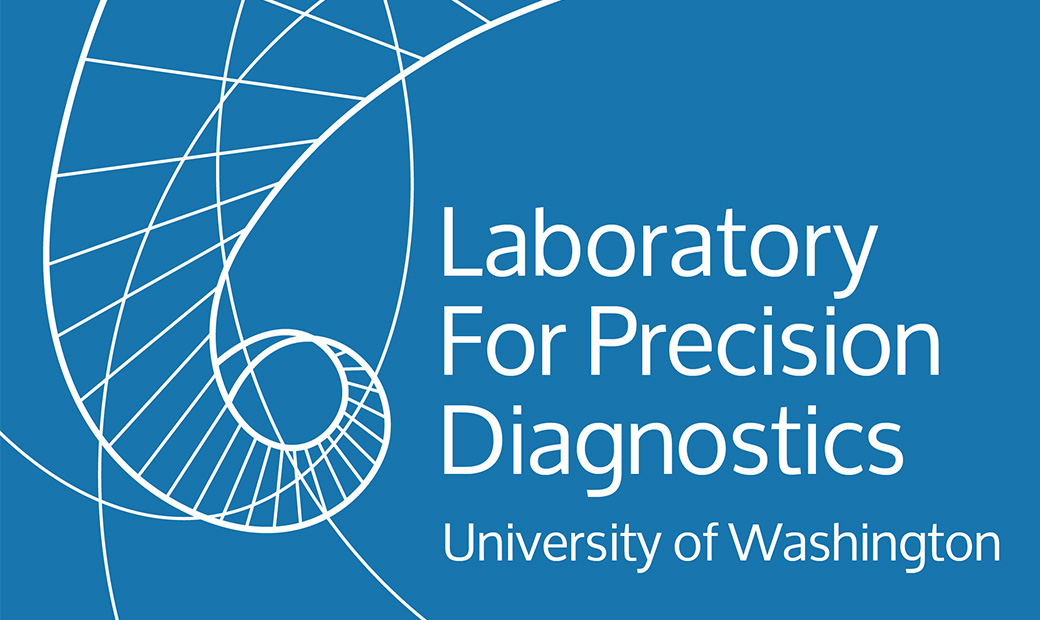Research in Heritable Disorders of Bone, Blood Vessels, and Skin
The Research Lab is housed alongside the Collagen Diagnostic Laboratory, a certified clinical laboratory that provides testing and consultation for patients and their families with suspected connective tissue disorders and the associated clinicians. The findings from the Research Laboratory are used in the diagnostic laboratory to develop new tests for recently identified disorders and so to improve patient care. The willingness of families to be involved in research studies in known disorders and to contribute the diagnostic samples for research into the basis of still unknown conditions form strong links between the lab and the families and reinforces the critical importance of this relationship in medical research.
To learn more about specific research projects and ongoing clinical trials, please consult the Byers Laboratory Research Website
Research Support: Our research is supported in part by donations to the “Ehlers-Danlos Syndrome Research Fund” and the “OI Research Fund” at the University of Washington. The funds were established with donations from individuals and families of individuals with EDS and OI. The funds are used to support basic and clinical research in the lab at the direction of Dr. Peter Byers. The donations are proceeds from creative and enthusiastic fundraising by individuals with connective tissue disorders and/or their family members. Proudly, recent endorsement and support by The Freudmann Fund has expanded primary research and clinical research of inherited disorders of connective tissue, especially the Ehlers-Danlos syndromes.
Make a Gift to the Freudmann Ehlers-Danlos Syndrome Translational Research Fund
Publication of Test Results – Genetic Databases
At the CDL we are committed to excellence in health care, biomedical education and research. To this end we may use submitted clinical information and remaining specimens to better understand disease mechanism, to improve laboratory testing and for educational purposes. De-identified data from tested individuals may be submitted to clinical genetic data registries and, when appropriate, for publication. Individuals may refuse to allow CDL to use their information and remaining specimen in this way by signature on the CDL Test Requisition Form.
Test results and submitted clinical information may be shared with other clinical laboratories or disease and gene registries in the interest of improving our understanding of the genetic diseases that we test for. Such sharing will enable us to provide best interpretation of genetic findings and assist other labs and patients with similar results. The privacy and confidentiality of the patient will be protected by removing all personal health identifiers when the data is shared.
Research Use of Clinical Samples
All samples sent to CDL may be used by us, by UW researchers and by qualified researchers at other institutions who are studying the same disease. Examples of such research include compilation of clinical data, study of cells to understand disease mechanism, publication of mutations in a medical journal and use of stored samples for new test development. When cells are shared or data is published, the individual subject will not be identifiable.
Other research by the CDL researchers will require written consent from the subject including studies to identify a new gene by exome sequencing in large family, request for additional medical records and reports (beyond that submitted with the test sample) and treatment trials.
Opt Out
Patients who would prefer that their leftover sample not ever be used, and genetic data not shared or published, may choose to opt out. It will not influence testing of the sample received. The patient or appropriate adult may opt out by signature on the Test Requisition Form or by contacting the laboratory genetic counselor (206-543-5464) (dru2@uw.edu) to arrange this.

